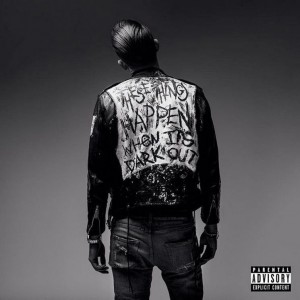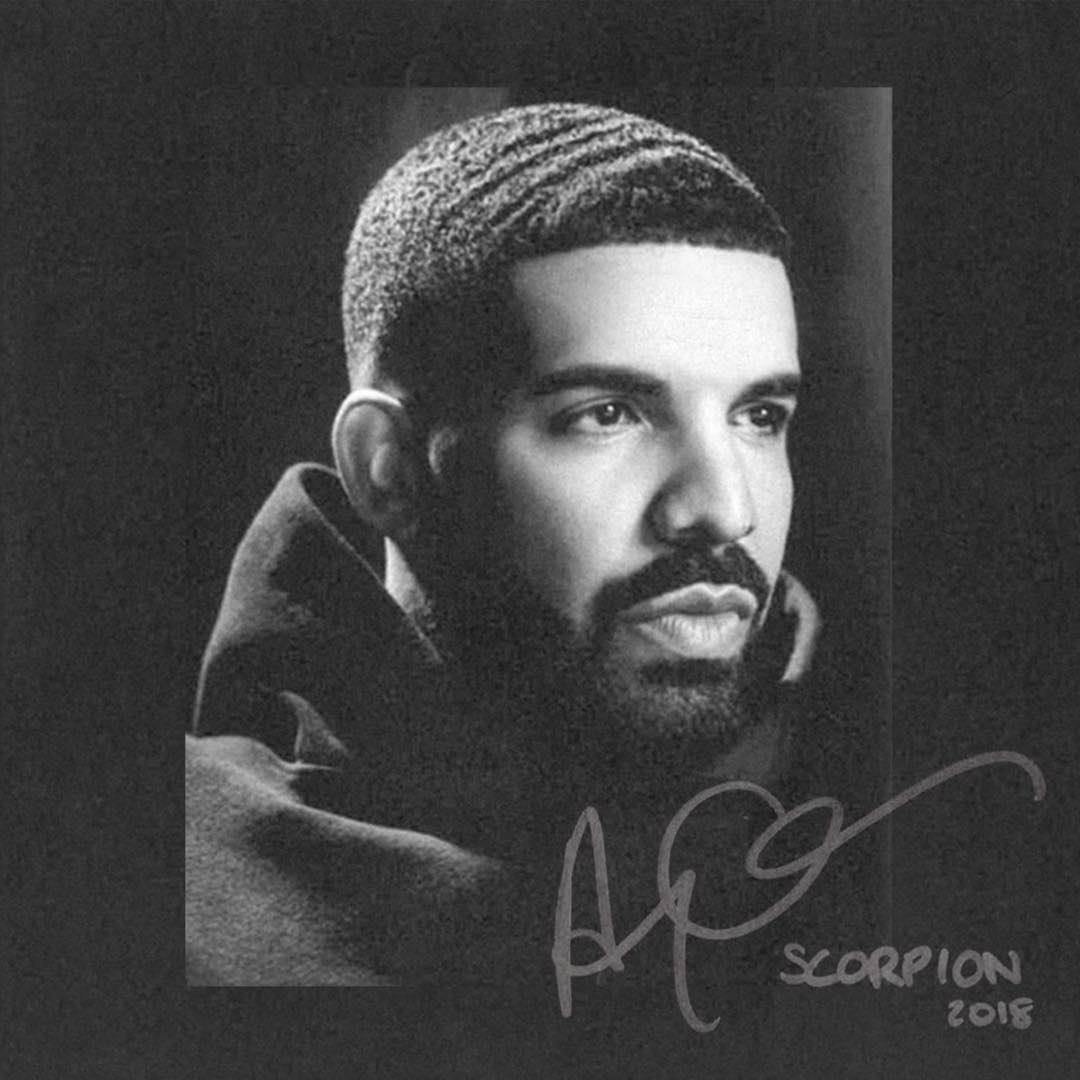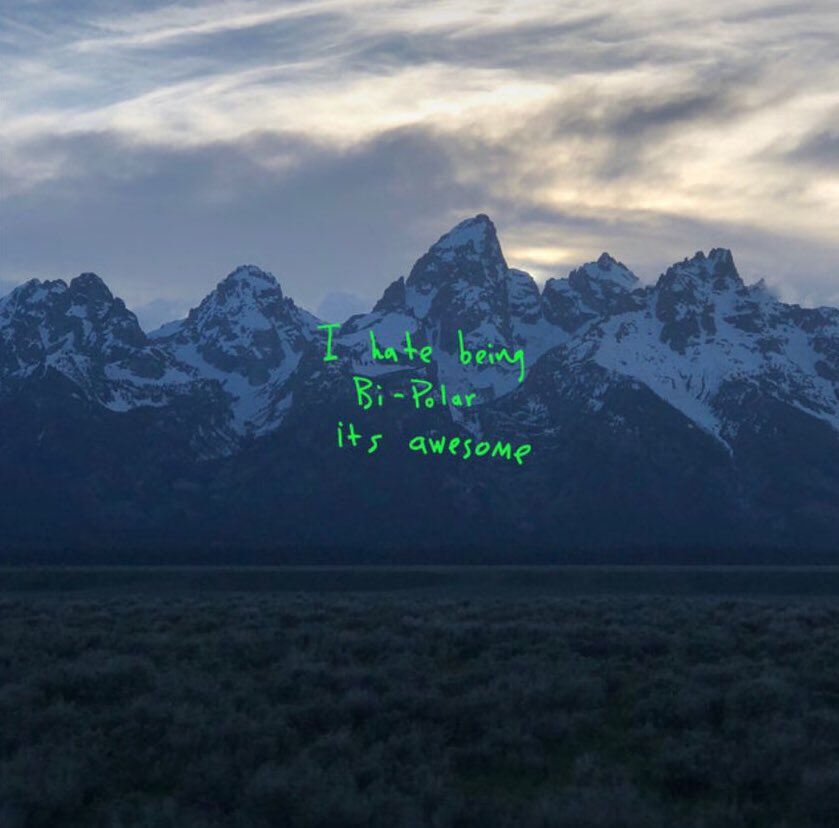Over the past few years, Bay Area rapper G-Eazy has become a darling of the mainstream hip-hop masses, satisfying an appetite for accessible music that doesn’t over complicate his relationships with status-seeking women, his alcohol/drug-filled lifestyle, and everything else that comes with a quick rise in fame after years of hard work catapulted by a strong desire to achieve the level of prominence he has reached. G-Eazy’s 2014 effort These Things Happen wrestled through these themes with a mixed response from critics, but undeniably opened the gates for worldwide touring/festival appearances for a growing fan-base. Following up his popularized debut is When It’s Dark Out, a 17-track affair that is meant to be a direct look into G-Eazy’s psyche which simultaneously overflows with confidence while also taking moments to reflect on the important memories and people who have inspired him during his artistic rise. And while there are several enjoyable offerings on the album which showcase G-Eazy at his most honest, When It’s Dark Out isn’t quite focused enough to be applauded as an impactful body of work.
The aspect of When It’s Dark Out that stands out the most in comparison to its predecessor (which was primarily handled by G-Eazy’s go-to guy Christoph Andersson) is the variety of heavy-hitters behind the boards. From some of hip-hop’s most sought after producers in Southside and Boi-1da to pop virtuoso’s such as Cashmere Cat, this album is fueled by top-notch, professionally crafted production. So even when the sonic aesthetics are built upon what’s trendy, the beats on the LP are consistently up to par. From the potent, pump-up the crowd bounce of “Random” to the sinister, sample-driven groove “Of All Things” (ft. Too $hort), G-Eazy is strategic in his ability to express his flows powered by rightful braggadocio and while the formula seems to work on the surface, the LP suffers a bit in the consistency and replay value categories. There are only so many times G-Eazy can tell rehashed stories of dealing with girls on the road or anthems against the doubters who don’t think he deserves to win before things start to get a bit repetitive.
However, there are a handful of offerings on When It’s Dark Out that thrive because when G-Eazy decides to open up and show humility, it results in an outpouring of real emotion that can either be appreciated or scoffed at depending on your willingness to hear out his struggles. Singles such as “Sad Boy” and the IAMNOBODI-produced “For This” are primary examples of G-Eazy being sincere in his introspectiveness as he shares insight on the costs that are associated with fame and the amazement that comes with achieving your dreams after an endless amount of trials and tribulations. In line with these qualities, the record on the album that shines the brightest thanks to its sincerity is “Everything Will Be OK” (ft. Kehlani), a heart-wrenching song which goes into extraordinary detail regarding how G-Eazy’s decision to leave home with artistic aspirations affected his family. The darkest parts of G-Eazy’s childhood are portrayed on the song and his choice to reveal such traumatic memories for the world to hear qualifies “Everything Will Be OK” as one of his best tracks to date.
As a whole, When It’s Dark Out travels in many different directions both sonically and lyrically. There is G-Eazy, the famous rapper who is poppin bottles and sending a middle finger to all the haters, as opposed to a more grounded version of himself who isn’t afraid to share the roller coaster feelings of joy and pain that have led him to this point in his career. Polished production and a strong effort to maintain a consistently convincing presence on the mic provides G-Eazy fans with fresh material, but the craving to be dynamic and versatile proves to be both a blessing and cure for the LP. On “What If”, G-Eazy poses the question of ‘What if these rappers could actually find their own lane’ and the irony in that statement is the fact that G-Eazy finds himself in multiple lanes throughout When It’s Dark Out and it doesn’t always work out as planned. Sometimes it is difficult to take G-Eazy’s hardships seriously while there are also high points that effectively hit at the core of unfiltered human expression; ultimately, it’s up to the listener to decide which side of G-Eazy is worth embracing.
Repeatable: “Everything Will Be OK”, “For This”, ‘Some Kind of Drug”
Skippable: “Nothing To Me”, “You Got Me”













Discussion about this post